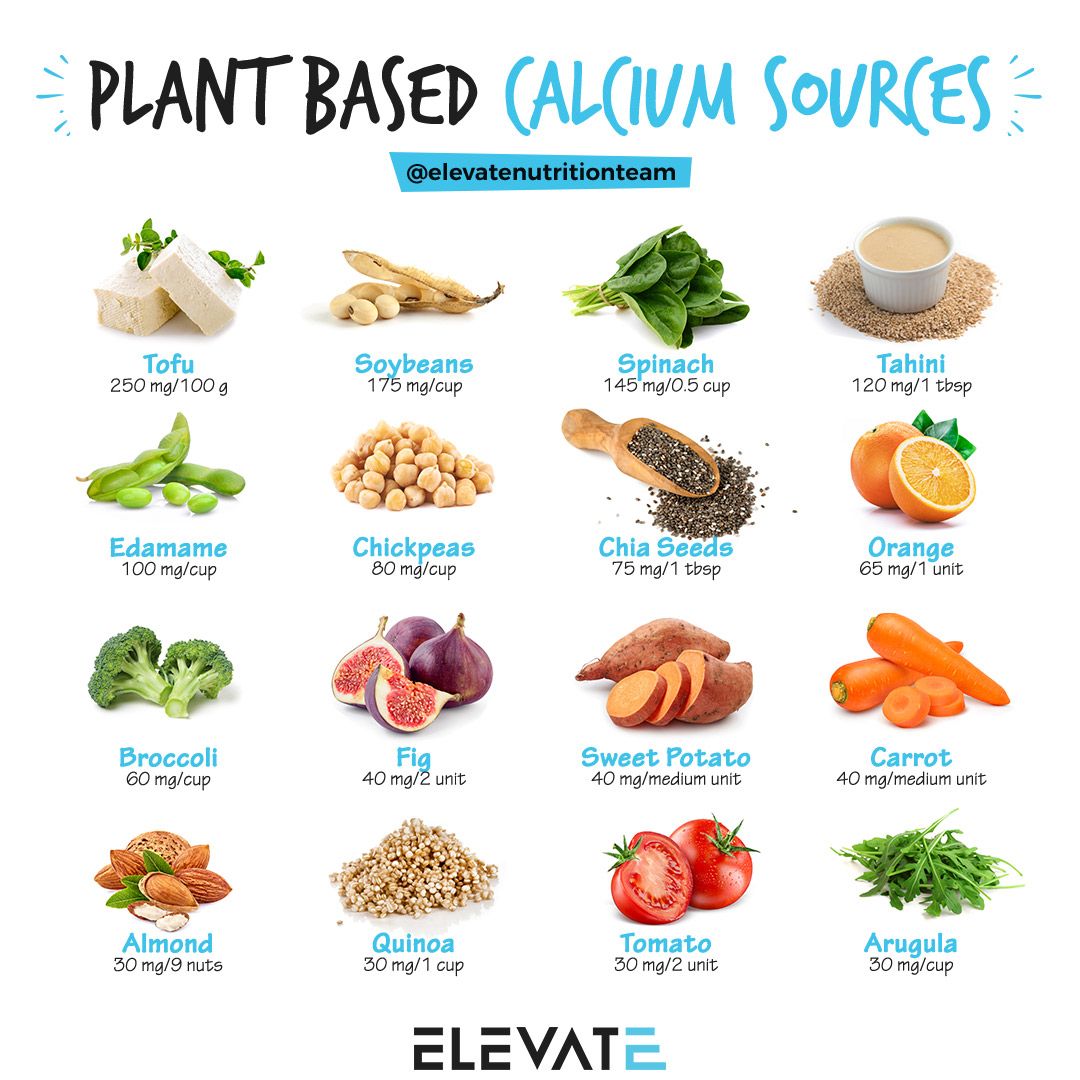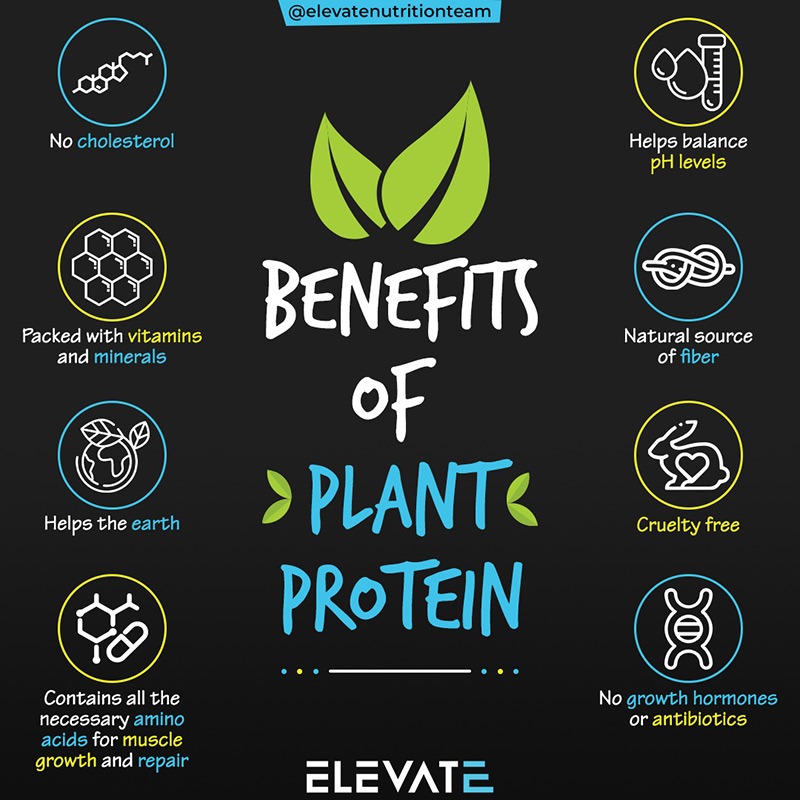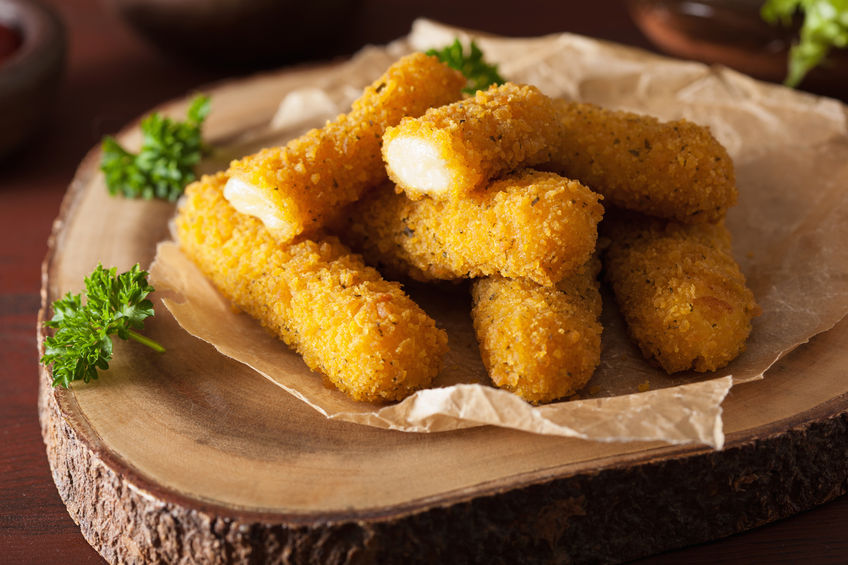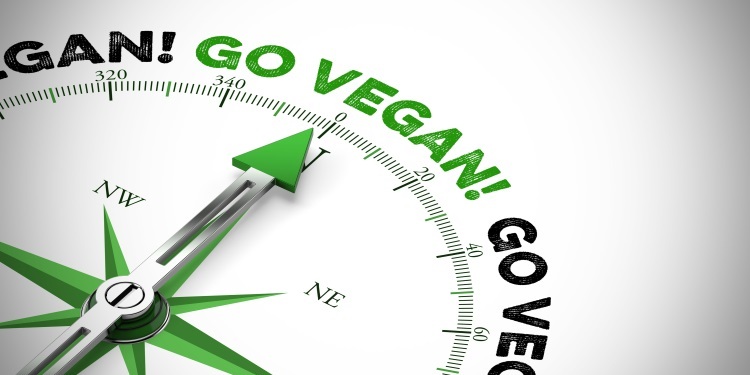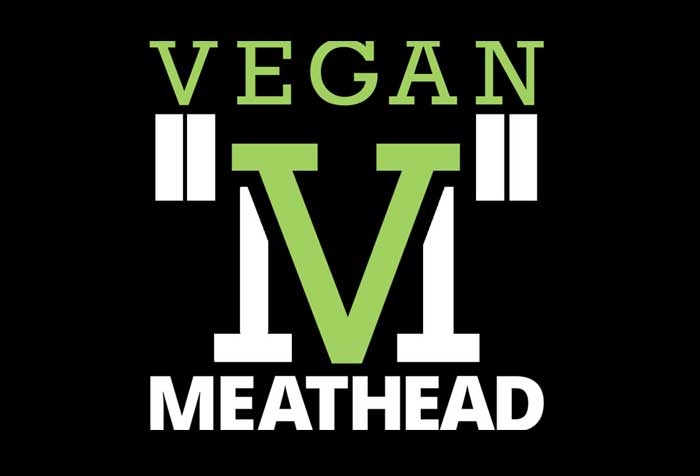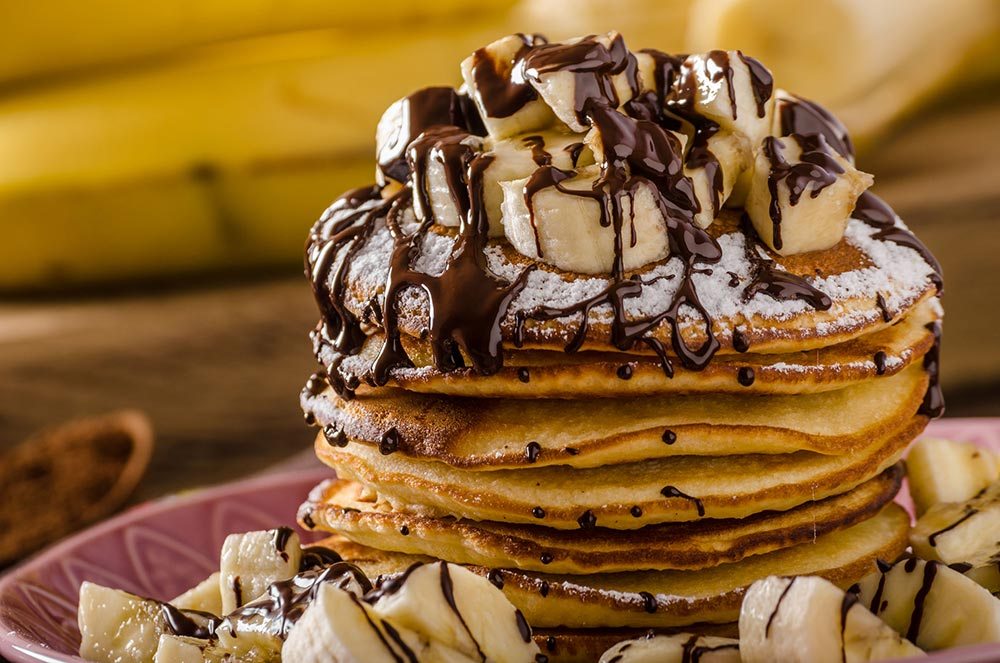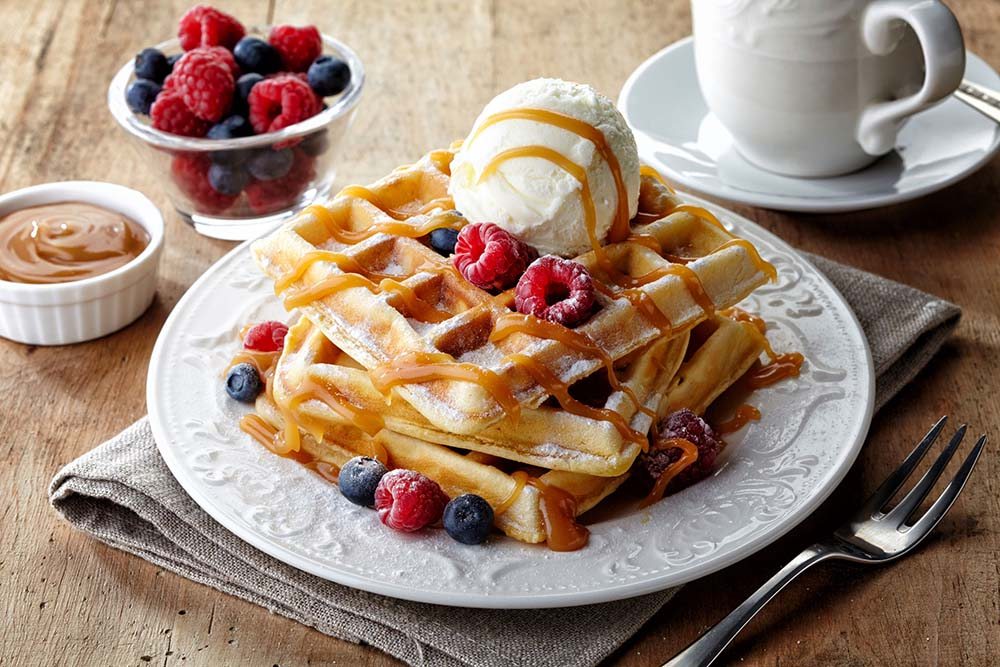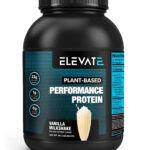You might have heard loads of people claiming that those who do not eat meat suffer from protein deficiency. Now, how true is this?
Not true at all! Back in the day, athletes and bodybuilders believed that they need to consume animal meat to build muscle. However, scientific research has debunked this myth over the years to prove that a plant-based diet can help you develop muscle and remain healthy.
Many athletes over the world, such as Venus Williams, Lewis Hamilton, and David Haye, are vegetarians and swear by their diet. After all, plants and vegetables are loaded with protein.
Common Mistakes with Plant Protein
When people go vegan, they often complain of fatigue and muscle loss. One common mistake is that they do not incorporate enough calories and proteins into their diet. If done correctly, plant-based bodybuilders cannot just survive, but actively thrive and beat carnivores.
Athletes are required to consume small portions of protein throughout the day at set intervals so that their body readily has all nutrients available. Consuming a plant-based diet is not enough. You must also know how many calories and how much protein you need each day. There’s no denying that every source of protein is different. While all vegetables have protein, eating the same kind every day will not help you fulfill your daily nutrition requirement.
A variety of protein sources need to be consumed during the day. Since amino acids are essential for muscle growth, you need to include the correct amount of amino acids in your diet to help you reach your goal. Having five to six protein-rich small portions of food every day, including fruit, vegetables, nuts, healthy oil, and water are key to a balanced diet.
Benefits of Plant Protein
Plant protein is lower in calories and fat compared to animal protein. However, it is loaded with nutrients. It can be used to reduce your calorie intake and boost your body’s nutrients. Plant protein has loads of benefits which include the following:
1. Great Source of Iron
Have you heard that red meat is the top source of iron? Don’t worry; pea protein can help vegans, and vegetarians get their protein fix that is equivalent to red meat. As compared to the same quantity of animal-based whey protein that contains o percent of your iron DV, pea protein powder contains 35% and is easily digestible.
This means that while you are fulfilling your daily iron requirement, your body is also storing up on protein.
2. Healthy Fats
Your daily intake of healthy fats is super important. What better way than nut butter? Nut butters can help balance the hormones and sugar levels while ensuring a proper, filling diet. Since they are broken down into a creamy texture, they are easy to absorb and digest by the body.
Peanut butter, almond butter, cashew butter, and sunflower butter are excellent sources of plant protein. However, make sure that they do not contain too much sugar or too many preservatives.
3. Keeps You Full for Longer
People often complain of feeling hungry quickly after eating animal protein. However, they have said that in comparison, they feel full for longer with plant protein. Is that even a thing? Plant protein, such as legumes and beans, help keep you full and satisfied until your next meal. Food & Nutrition found that when young men ate a protein-rich meal made of legumes, they consumed 12 percent fewer calories in their next meal.
The secret is that plants have a higher fiber content than animals. Since fiber is naturally found in these foods, they help keep you full longer. Fiber controls cravings, boosts the digestive system, and curbs your appetite.
4. Healthy Gut
Plant protein is proven to keep your gut healthy. It contains a lower number of disease-causing organisms and a higher number of protective components that lower the inflammation levels in your gut. Adding plants and vegetables into your diet is great for creating a healthy gut microbiome diversity.
By keeping the microbiome balanced, you will see an overall improvement in your health and well-being as all problems of a poor gut will be solved. A poor gut has also been linked to anxiety, fatigue, restlessness, depression, skin problems, and autoimmune diseases.
5. Helps You Live Longer
Plant protein can help you feel and look youthful and more beautiful. Research shows that plant protein is important for living a healthy, strong, and long life.
A 2016 study published in JAMA Internal Medicine showed that people who got their protein from nuts, beans, and grains showed to have a lower mortality rate as compared to those who ate diets rich in animal protein.
Protein-Rich Food
Just because you don’t eat meat doesn’t mean that you can’t incorporate meat-type protein into your diet. Substitutes like tofu, tempeh, and seitan are great alternatives that will prevent muscle loss and keep you energetic throughout the day.
Tofu is a form of condensed soy milk which is combined into solid, firm blocks. It can be added to any dish and used as an alternative to meat. A single cup of tofu contains 20 grams of protein, which makes it perfect to squeeze into your diet.
Tempeh undergoes a fermentation process and is made from whole soybean. It is an Indonesian meat alternative that is slightly drier in texture than tofu. Tempeh also contains fiber and is a great pro and prebiotic that aids in keeping the gut healthy. It can be used in sandwiches and salads. A single cup of tempeh contains 33.7 grams of protein.
Seitan is a dense food that can be used as a replacement for chicken. It is made from wheat gluten, but don’t worry; it does not include starch. A simple cup of seitan contains 28 grams of protein.
Other sources of plant protein include:
- Almond butter (8g per serving)
- Amaranth (9g per serving)
- Black beans (15g per cup)
- Chia seeds (4.9g per ounce)
- Chickpeas (9g per serving)
- Kale (2g per cup)
- Kidney beans (8g per cup)
- Nutritional yeast (9g per serving)
- Oatmeal (14g per cup)
- Pumpkin seeds (12g per cup)
- Quinoa (8g per serving)
- Spirulina (39g per serving)
How Much Protein Does the Body Need?
Regardless of the diet you choose, protein is important. Every cell in the human body is made up of some levels of protein. The hair and nails are completely made of protein, and the body requires protein to build muscle, repair tissues, produce enzymes and hormones, and keep its system healthy and functioning.
Interestingly, the body does not store protein the same way it stores carbohydrates. This means that you need to fulfill your daily requirement of protein religiously to keep your body functioning properly. According to the Academy of Nutrition and Dietetics, your body needs a daily intake of 0.8 grams of protein per kilogram of its weight. This means that 0.35 grams of protein are required per human body pound. Someone who weighs 165 pounds needs a minimum requirement of 60 grams of protein every day.
However, it is important to remember that these figures are the minimum requirement of protein needed by the body. For those trying to lose weight and build muscle mass, the body needs a higher content of protein. This translates to around 0.5 to 0.8 grams per pound of body weight.
If you have any allergies, medical or special conditions, make sure to consult with a doctor before changing your diet. Good luck!
